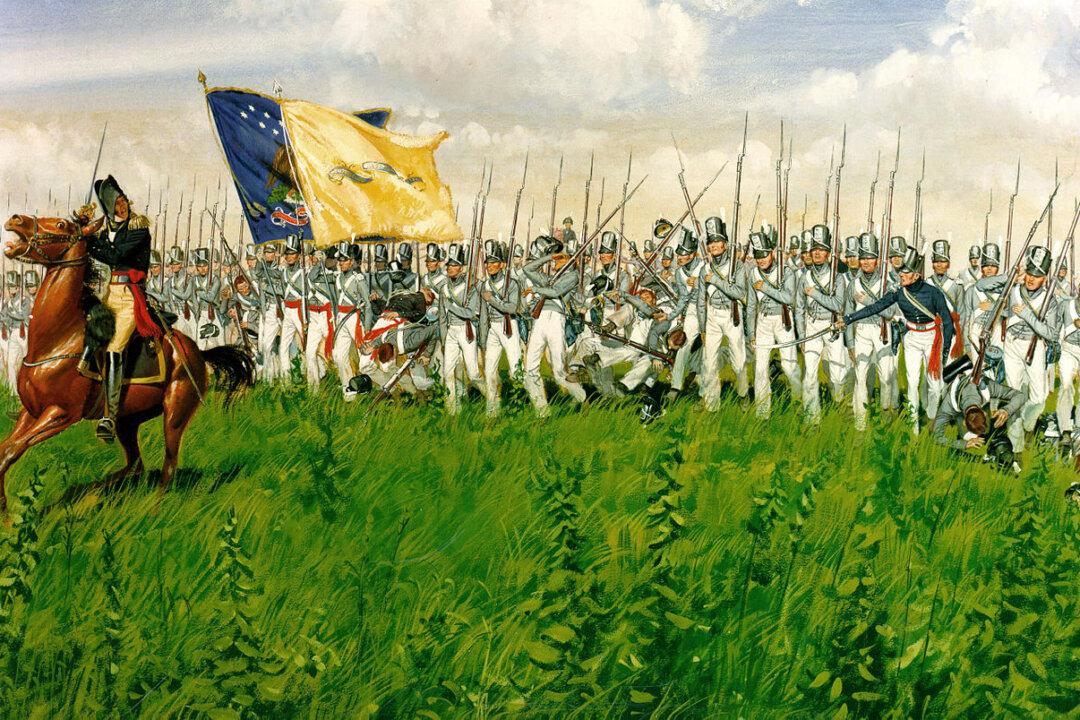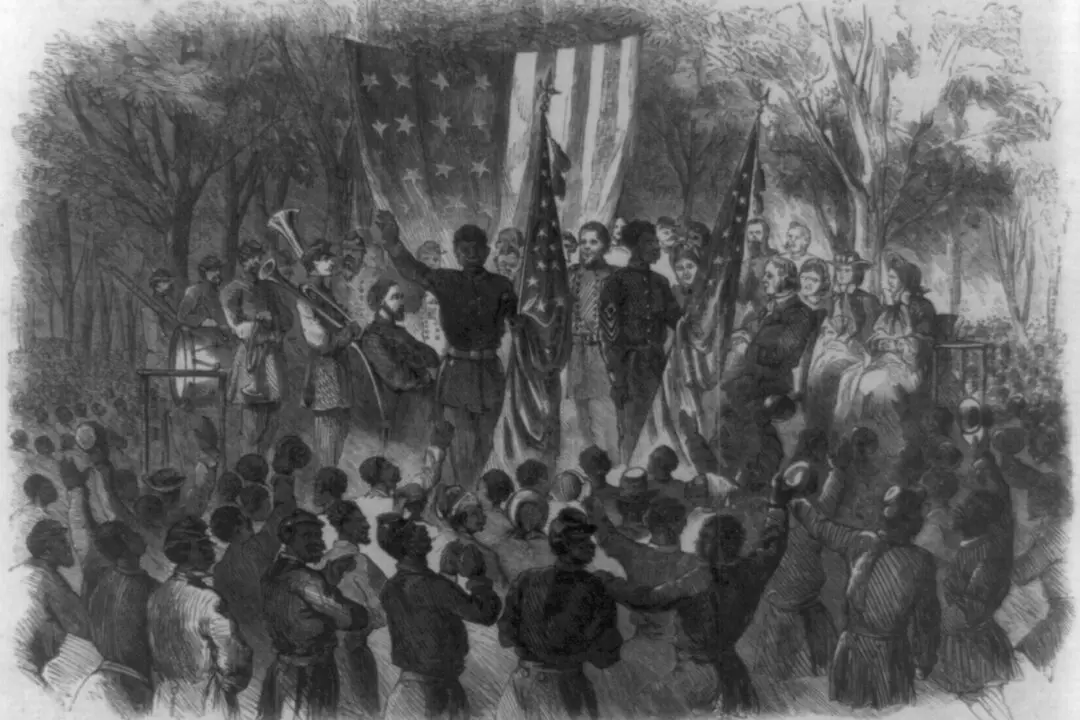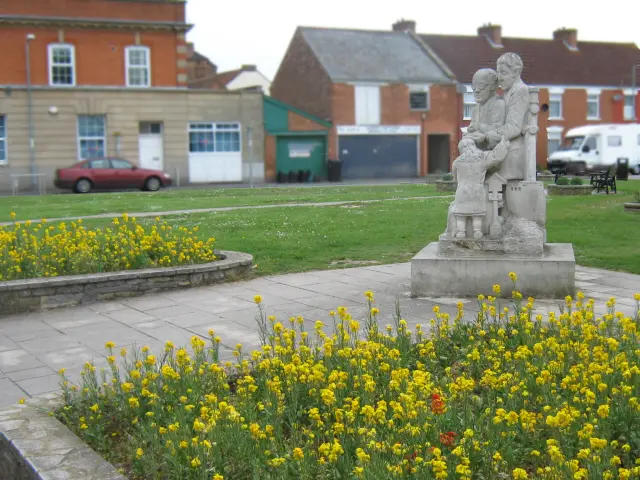Most history books consider the War of 1812 to be about the sacking and burning of America’s capital. But further north, on the Canadian border and along the Great Lakes, the U.S. Army tempered its ranks in hard-fought battles. And although fiercely pacifist, the Quakers contributed great military men to America’s wars. One officer who battled the British on the northern front during the War of 1812 was Jacob Jennings Brown, affectionately known as “The Fighting Quaker.”
Brown was born to a Quaker family in Pennsylvania in 1775. He graduated from the University of Pennsylvania in 1790 and then worked as a teacher for years afterward. In 1798, he moved to upstate New York and settled on a piece of land. He was heavily involved in politics, and at one point he served as a judge.






